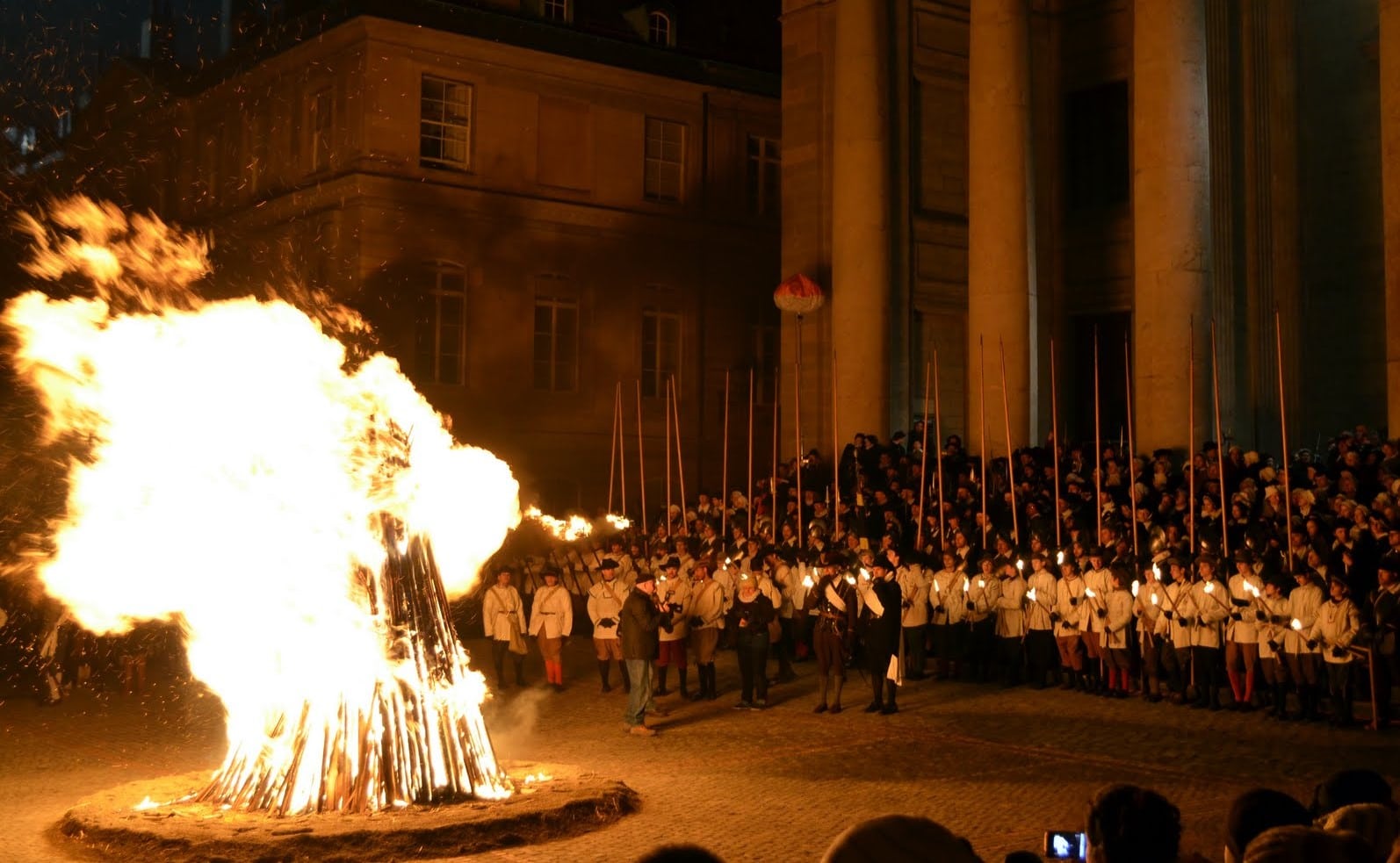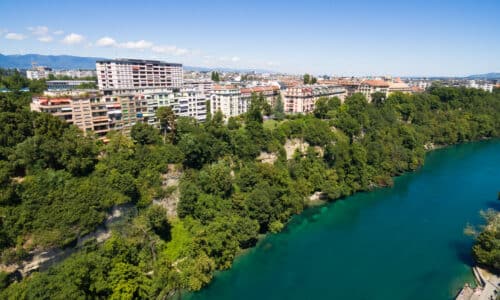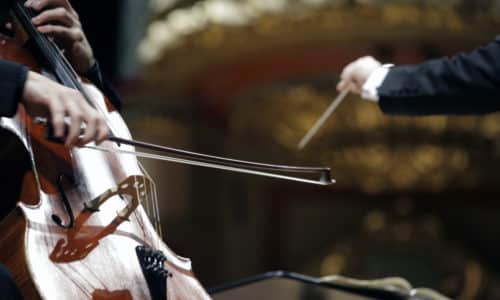Chêne-Bougeries, Geneva
Price upon request
421 m2
Apartment - 7 Rooms - 4 bedrooms

Histoire
12 December is the most loved day in Geneva – loved by children – and for good reason: it’s the day of the Escalade. More precisely? It’s a time to dress up and get together, to party in the name of a very local celebration. On the programme: a parade through the city of Geneva, a chocolate pot broken into pieces, a foot race in the cold, humour and mockery, vegetable soup and mulled wine, traditional songs and (above all) a bit of history: back in 1602!
Every year, the Escalade is a popular weekend event that brings together people of all ages from all over the canton. Like the Carnival in Basel (a Protestant city), Protestant Geneva has its own costume festival! It is, of course, a truly historic festival. It commemorates the anniversary of the Battle of Escalade, which took place on the night of 11-12 December 1602 between the Savoyards and the Genevese.At the time, the soldiers of Duke Charles-Emmanuel I – Duke of Savoy and Prince of Piedmont (from 1580 to 1630), a hot-tempered and impulsive sovereign whose wish was to take over the city, which was already Protestant, in order to ‘return’ it to Catholicism – were on a mission to invade Geneva. To do this, they equipped themselves with a ladder that they used to climb over the city walls in the middle of the night, in order to surprise the sleeping Genevans.
Unfortunately for them, a resident of the town (the famous ‘Mère Royaume’ – ‘Mother Kingdom’) raised the alarm by throwing a pot full of boiling soup at the enemy soldiers. A battle ensued, beginning with the Genevan soldiers forced to fight in their dressing gowns, too busy rushing to the attack to get dressed. The result of the battle, which ended in the morning, was a crushing victory for the Genevan army over its Savoyard assailant. And so the enemies of the Republic perished, giving rise to our finest local celebration – colourful and entirely Genevan.
When it comes to the fête de l’Escalade, it’s customary for schoolchildren to dress up and parade through the streets. Tradition also demands that they eat a vegetable soup, but also that the youngest, hand in hand with the oldest, break a chocolate pot together. The main purpose of all this folklore is to remember the historic events of the battle of 1602: the disguises are a way of mocking the Savoyard attackers beaten by the Genevese who had barely got out of bed, the chocolate pot represents that of Mère Royaume and the soup represents the soup she cooked.
‘He who is above, the Master of battles, Who mocks and laughs at scoundrels. On a Saturday night, he made it clear that he was the patron saint of the people of Geneva. This is the translation into French of the first verse of the famous traditional song ‘Cé qu’è lainô’, which tells the story of victory on the battlefield.
Composed in Genevan Arpitan (the local dialect at the time) about a year after the fighting, and heard as much during the L’Escalade processions as at the Stade de Genève during Servette F.C. and Geneva Servette Hockey Club (GSHC) matches. Cé qu’è lainô’ is much more than just a folk song, sung all year round, and is synonymous with Geneva pride and victory. Above all, it is the official anthem of the Republic and Canton of Geneva.
As for the other traditional song, ‘À la belle Escalade’ (the official title of which is ‘Allons, citoyens, de grand cœur’), it is said to have been composed to the tune of the Carmagnole (a French revolutionary song) in 1793, when the revolutionary government reinstated the celebration of the Escalade, following the occupation of the Kingdom of Sardinia, which had banned it, just like ‘Cé qu’è lainô’ or any other commemorative song.
To remember those who fell for Geneva, a commemoration of the Battle of the Escalade is organised in the form of a parade in period costume by the Compagnie de 1602: a non-political and secular institution founded in 1926, with more than 2,000 members and a reputation well beyond Geneva’s borders.
Every year, 800 costumed members march (on foot or on horseback) in the Grand Cortège Historique, which starts in Geneva‘s old town. It’s a magnificent spectacle, and one we highly recommend. Anyone wishing to take part can bring a lantern, which is available on site.
If there’s one event that sports enthusiasts in Geneva don’t want to miss, it’s the Course de l’Escalade. Fun, sporty and popular, this event attracted more than 54’094 participants in 2024. Each year, 1,500 volunteers are needed to organise the two-day event.
Pascal Viscardi
Discover

Prestige & Commercial Divisions

Genève et ses cours d’eau

Concours de Genève : Rencontre avec Didier SCHNORHK